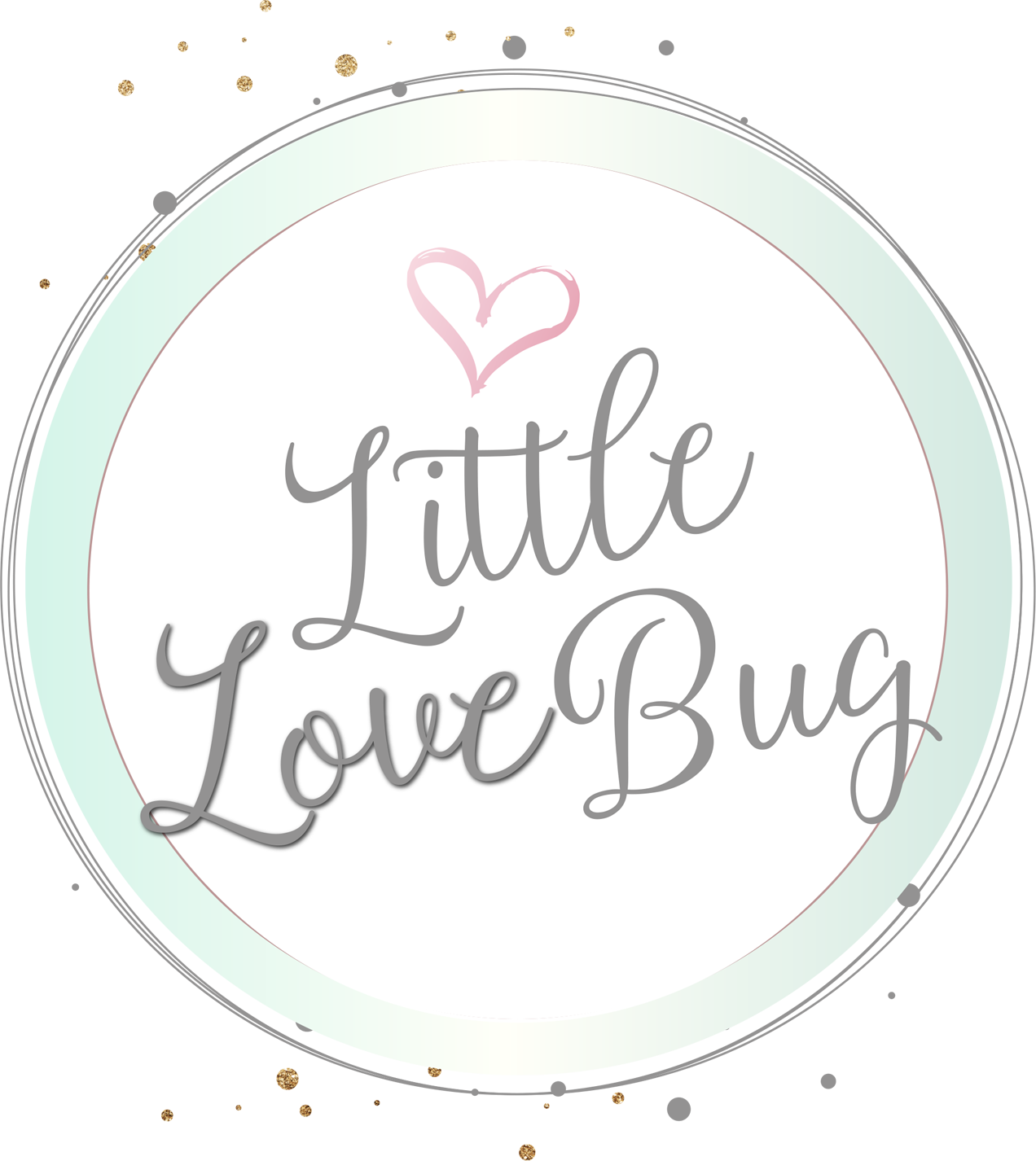As a mom, why should mental health be a top priority?
As a mom, your mental health should be a top priority. It can be easy to get caught up in the daily hustle and bustle of raising kids, managing a household, and working, but it is important to take care of yourself, too. Mental health issues such as postpartum depression and anxiety can be common among mothers, but with the right support, these issues can be managed. In this blog post, we'll discuss why mental health as a mom should be a top priority, and what postpartum is.
The importance of self-care
As a mom, it’s important to make your mental health a priority. Taking care of your own wellbeing helps ensure you have the energy and clarity of mind to take care of your family. Self-care is an essential part of any mom’s life. It can help reduce stress, relieve anxiety and depression, and improve overall well-being.
Making self-care a priority can help you in many ways. It can help you stay organized, think clearly, and be productive. When you’re feeling overwhelmed and stressed out, self-care can help you manage your emotions and restore balance. Taking time to focus on yourself can also help you build relationships with your children and partner.
It doesn’t have to be complicated or expensive to practice self-care. Make time for activities that bring you joy, such as reading a book or listening to music. Create healthy habits like eating a balanced diet and exercising regularly. Spend time outside or in nature. Talk to friends or a therapist to get help when you need it.
Prioritizing self-care can help you feel more energized, less stressed, and better equipped to handle the challenges of being a mom. It takes courage and commitment, but taking the time to focus on yourself can make a world of difference.
How to make time for self-care
As a mom, it can be difficult to find time for self-care. Whether you are a stay-at-home parent or juggling a career, life is busy and it can feel like there’s no time left in the day to devote to your own wellbeing. Despite this, taking care of yourself should be a top priority. Here are some tips to help you make time for self-care:
• Schedule it: Set aside time in your schedule specifically for self-care. Put it in your calendar just like any other appointment or meeting. This will help you prioritize your own wellbeing and make sure it gets done.
• Prioritize your needs: Don’t be afraid to say “no” to people if it means taking time for yourself. Your mental health should always come first.
• Ask for help: Don’t be afraid to ask friends and family for help. Maybe they can take the kids while you take a walk or have someone come over to watch the kids while you take a hot bath.
• Create a self-care routine: Find things that work for you and make them part of your daily routine. Whether it’s reading a few pages of a book before bed, meditating in the morning, or taking a break from screens during dinner time, having regular self-care activities can help you make sure it happens regularly.
Taking time for yourself can feel like an extra burden when you’re already trying to juggle so many responsibilities as a mom, but it’s an essential part of caring for yourself and your family. With these tips, you can make sure you take the time to prioritize your own mental health.
The benefits of self-care
Self-care is an important part of staying mentally and physically healthy, especially for moms. Regular self-care activities can reduce stress, improve your mood, boost your energy, and help you become a better parent. Here are some benefits of taking time out to care for yourself:
1. Increased Productivity: Taking breaks to focus on yourself can help you stay energized and productive during the day. When you’re feeling refreshed and focused, you’ll be able to get more done in less time.
2. Reduced Stress: Taking breaks to relax and do something enjoyable will help lower your stress levels. This will make it easier to handle the daily challenges that come with parenting.
3. Improved Relationships: Taking time to yourself will help you reconnect with yourself, which can lead to more meaningful relationships with your partner and children.
4. Increased Self-Esteem: When you take care of yourself, you’ll feel more confident about your abilities as a parent. Taking breaks for self-care will help you feel better about yourself, which can lead to improved self-esteem and increased happiness.
Self-care is essential for all parents, but it’s especially important for moms. Making sure to take regular breaks from parenting responsibilities is the best way to ensure that you stay healthy and happy!
What is postpartum
Postpartum is the period of time immediately after childbirth, where a mother adjusts to the physical and emotional changes that come with having a baby. During this time, the mother is adjusting to the new demands of being a parent and caring for a newborn while recovering from the physical demands of childbirth. Postpartum can be an emotionally intense experience and often causes extreme fatigue, mood swings, and hormonal changes. For many mothers, these effects can linger for up to a year after childbirth.
Postpartum depression is a serious mental health condition that affects up to 15% of new mothers in the United States. This condition can cause feelings of sadness, guilt, hopelessness, and anxiety. It can also interfere with the ability to care for oneself and one's baby.
Untreated postpartum depression can have long-term effects on both the mother and her baby. It is important for new mothers to recognize signs of postpartum depression and seek help as soon as possible. If you are feeling overwhelmed, anxious, or depressed after giving birth, it is important to speak to your doctor or reach out to a mental health professional for help.
When to contact your doctor
As a new mom, it’s important to keep an eye on your mental health and to know when it’s time to reach out for professional help. If you’re feeling overwhelmed, anxious, or depressed for more than two weeks, it’s time to contact your doctor or midwife.
Some signs that you should seek medical attention are feeling hopeless or like you can’t do anything right, having intrusive thoughts or feeling disconnected from your baby, changes in eating habits or sleep patterns, or having thoughts of harming yourself or your baby. It’s also important to reach out for help if you’re having trouble bonding with your baby or feel like you don’t love them as much as you think you should.
It’s important to remember that postpartum depression and other mental health issues are very common among new moms. Reaching out for help is not a sign of weakness but rather strength. A mental health professional can offer the resources and support you need to feel better.
As a mom, your mental health should be a top priority. It can be easy to get caught up in the daily hustle and bustle of raising kids, managing a household, and working, but it is important to take care of yourself, too. Mental health issues such as postpartum depression and anxiety can be common among mothers, but with the right support, these issues can be managed. In this blog post, we'll discuss why mental health as a mom should be a top priority, and what postpartum is.
The importance of self-care
As a mom, it’s important to make your mental health a priority. Taking care of your own wellbeing helps ensure you have the energy and clarity of mind to take care of your family. Self-care is an essential part of any mom’s life. It can help reduce stress, relieve anxiety and depression, and improve overall well-being.
Making self-care a priority can help you in many ways. It can help you stay organized, think clearly, and be productive. When you’re feeling overwhelmed and stressed out, self-care can help you manage your emotions and restore balance. Taking time to focus on yourself can also help you build relationships with your children and partner.
It doesn’t have to be complicated or expensive to practice self-care. Make time for activities that bring you joy, such as reading a book or listening to music. Create healthy habits like eating a balanced diet and exercising regularly. Spend time outside or in nature. Talk to friends or a therapist to get help when you need it.
Prioritizing self-care can help you feel more energized, less stressed, and better equipped to handle the challenges of being a mom. It takes courage and commitment, but taking the time to focus on yourself can make a world of difference.
How to make time for self-care
As a mom, it can be difficult to find time for self-care. Whether you are a stay-at-home parent or juggling a career, life is busy and it can feel like there’s no time left in the day to devote to your own wellbeing. Despite this, taking care of yourself should be a top priority. Here are some tips to help you make time for self-care:
• Schedule it: Set aside time in your schedule specifically for self-care. Put it in your calendar just like any other appointment or meeting. This will help you prioritize your own wellbeing and make sure it gets done.
• Prioritize your needs: Don’t be afraid to say “no” to people if it means taking time for yourself. Your mental health should always come first.
• Ask for help: Don’t be afraid to ask friends and family for help. Maybe they can take the kids while you take a walk or have someone come over to watch the kids while you take a hot bath.
• Create a self-care routine: Find things that work for you and make them part of your daily routine. Whether it’s reading a few pages of a book before bed, meditating in the morning, or taking a break from screens during dinner time, having regular self-care activities can help you make sure it happens regularly.
Taking time for yourself can feel like an extra burden when you’re already trying to juggle so many responsibilities as a mom, but it’s an essential part of caring for yourself and your family. With these tips, you can make sure you take the time to prioritize your own mental health.
The benefits of self-care
Self-care is an important part of staying mentally and physically healthy, especially for moms. Regular self-care activities can reduce stress, improve your mood, boost your energy, and help you become a better parent. Here are some benefits of taking time out to care for yourself:
1. Increased Productivity: Taking breaks to focus on yourself can help you stay energized and productive during the day. When you’re feeling refreshed and focused, you’ll be able to get more done in less time.
2. Reduced Stress: Taking breaks to relax and do something enjoyable will help lower your stress levels. This will make it easier to handle the daily challenges that come with parenting.
3. Improved Relationships: Taking time to yourself will help you reconnect with yourself, which can lead to more meaningful relationships with your partner and children.
4. Increased Self-Esteem: When you take care of yourself, you’ll feel more confident about your abilities as a parent. Taking breaks for self-care will help you feel better about yourself, which can lead to improved self-esteem and increased happiness.
Self-care is essential for all parents, but it’s especially important for moms. Making sure to take regular breaks from parenting responsibilities is the best way to ensure that you stay healthy and happy!
What is postpartum
Postpartum is the period of time immediately after childbirth, where a mother adjusts to the physical and emotional changes that come with having a baby. During this time, the mother is adjusting to the new demands of being a parent and caring for a newborn while recovering from the physical demands of childbirth. Postpartum can be an emotionally intense experience and often causes extreme fatigue, mood swings, and hormonal changes. For many mothers, these effects can linger for up to a year after childbirth.
Postpartum depression is a serious mental health condition that affects up to 15% of new mothers in the United States. This condition can cause feelings of sadness, guilt, hopelessness, and anxiety. It can also interfere with the ability to care for oneself and one's baby.
Untreated postpartum depression can have long-term effects on both the mother and her baby. It is important for new mothers to recognize signs of postpartum depression and seek help as soon as possible. If you are feeling overwhelmed, anxious, or depressed after giving birth, it is important to speak to your doctor or reach out to a mental health professional for help.
When to contact your doctor
As a new mom, it’s important to keep an eye on your mental health and to know when it’s time to reach out for professional help. If you’re feeling overwhelmed, anxious, or depressed for more than two weeks, it’s time to contact your doctor or midwife.
Some signs that you should seek medical attention are feeling hopeless or like you can’t do anything right, having intrusive thoughts or feeling disconnected from your baby, changes in eating habits or sleep patterns, or having thoughts of harming yourself or your baby. It’s also important to reach out for help if you’re having trouble bonding with your baby or feel like you don’t love them as much as you think you should.
It’s important to remember that postpartum depression and other mental health issues are very common among new moms. Reaching out for help is not a sign of weakness but rather strength. A mental health professional can offer the resources and support you need to feel better.


